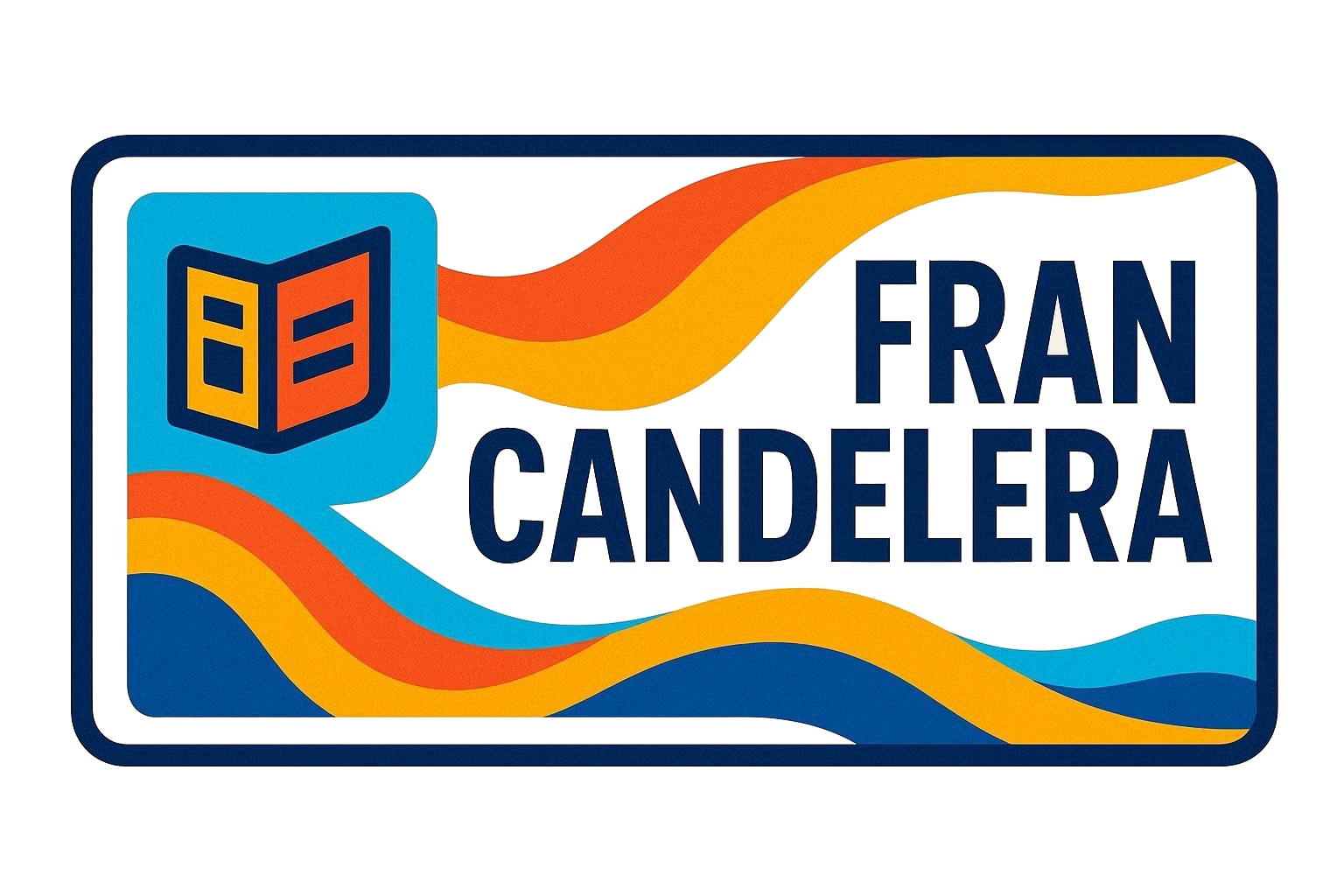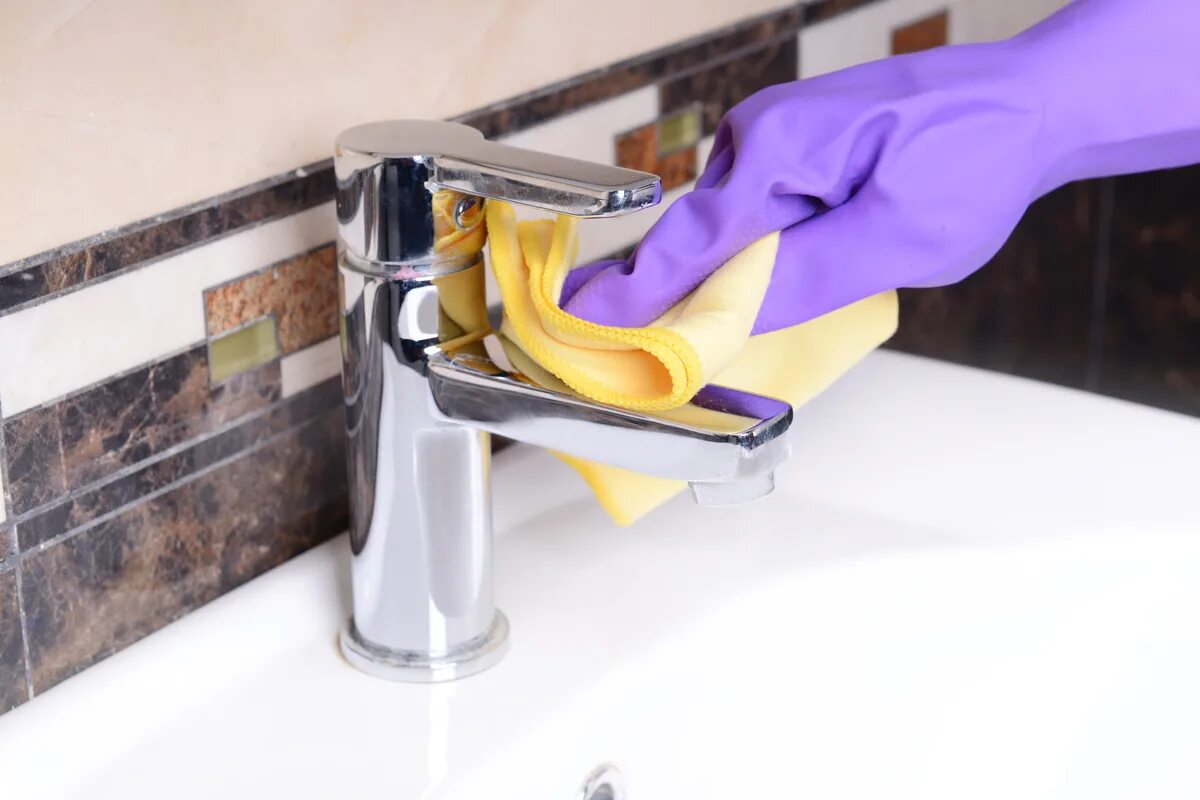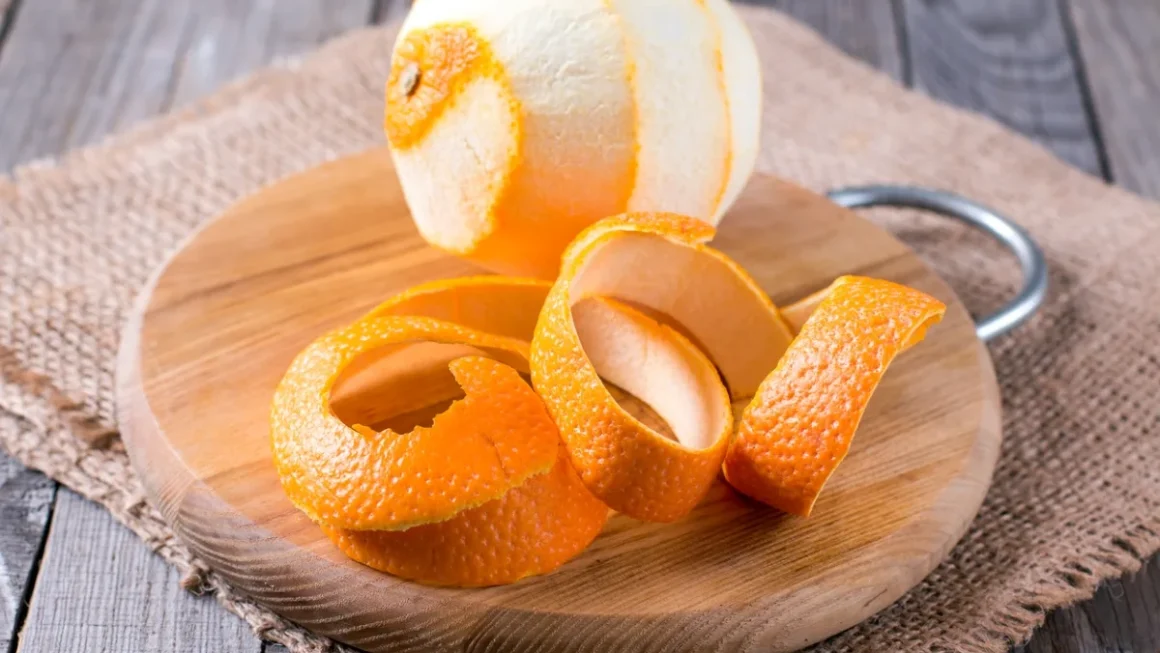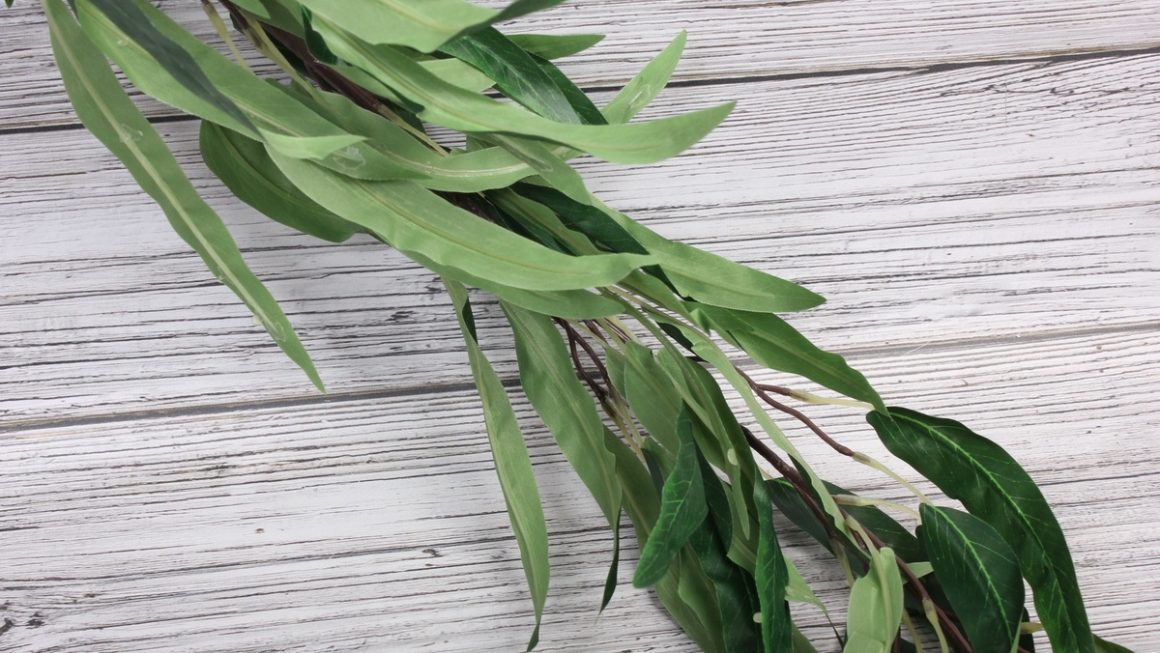Limescale builds up, tarnishes taps, wears out appliances and makes sensitive noses wrinkle at the smell of acid fumes.
A recent innovation is shaking up this ritual: a mineral powder, advertised as chemical-free and odourless, capable of dissolving deposits in a matter of minutes. The approach promises neither miracles nor magic, but a highly targeted physical process. No harsh acids, no irritating fumes. Just an active ingredient that breaks down the crust, makes it easier to remove and leaves surfaces clean. Initial user feedback is positive: fast-acting, restored shine, reduced water consumption during rinsing. It remains to be seen how this powder works, how to apply it on a daily basis, and how it compares to conventional solutions.
How This Powder Works
The core of the promise lies in a calibrated mineral matrix with a fine grain size, designed for gentle tribomechanical action. The micro-grains penetrate the micro-cracks in the limescale, breaking up the cohesion of the deposit, and the water then washes away the fragments. The effect is localised, controlled and non-corrosive. On chrome, glass, stainless steel or ceramic, the powder acts as a smoothing agent: it very lightly polishes the limescale film without scratching and restores a hydrophilic film to the surface, which delays the adhesion of new mineralised droplets.
Another advantage is its porous structure. The grains act like mineral micro-sponges that retain some of the ions responsible for the white film. This physical, non-reactive adsorption limits damage to sensitive materials (seals, treated shower screens, resins). No acrid odour, no smoke, no harmful residues: the powder rinses away with water, without altering the shine of metals or the feel of tiles.
For thick layers, we recommend a denser ‘milk’: the paste adheres better, prolongs contact and multiplies the breaking points. The result: deposits that come off in three to five minutes, even on limescale-covered aerators or shower heads. There is no need to repeat the process: a single pass, if done correctly, is often enough.
Instructions for use and action time
The procedure is simple. Moisten the area. Sprinkle a thin layer of powder or prepare a paste (powder + a few drops of water). Spread with a soft sponge or microfibre cloth. Leave to act. Rub without pressing, rinse and wipe dry. On taps, results appear in a few minutes. For vertical surfaces (shower walls), the paste prevents dripping. For technical areas (aerators), a small bag or cap filled with paste can be used as a local bath.
Key points to remember: do not press down, as it is the texture that does the work. Add a few drops of water if the paste dries too quickly. On lacquered or polished marble surfaces, test on an inconspicuous area first. The formula is advertised as ‘chemical-free’ in the sense that it contains no corrosive acids or synthetic solvents, but common sense should still be used: rinse thoroughly, especially in the kitchen.
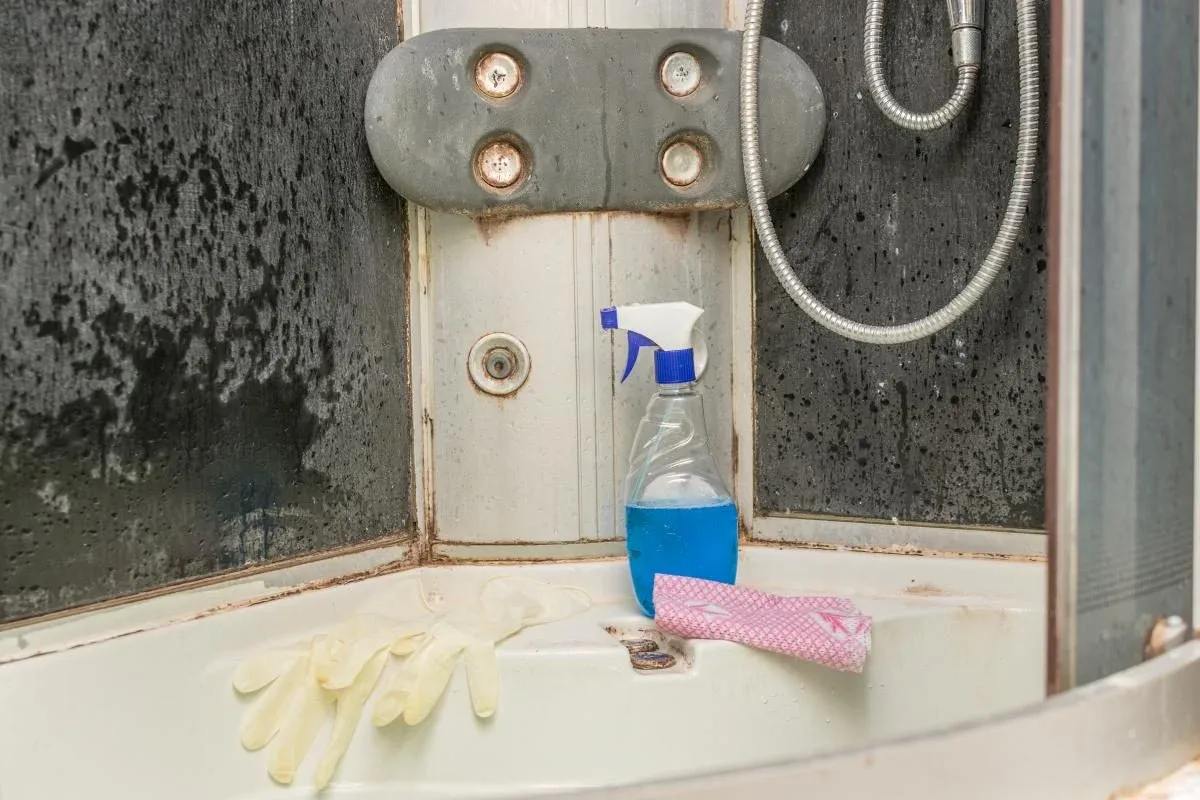
Comparison with traditional solutions
White vinegar remains a staple, but its acidity and smell are off-putting. It should not be used on limestone. Commercial anti-limescale gels are powerful and work quickly, but their irritating properties and plastic packaging raise questions. Mineral powder falls between brushing and chemicals: fast-acting, easy to use, no fumes. It is ideal for households that want frequent, low-maintenance cleaning that is compatible with a variety of surfaces.
Compared to ‘magnetic’ or ‘electrostatic’ systems installed on plumbing, the comparison is tricky: these devices are designed for prevention, not for removing existing deposits, and their effectiveness depends heavily on water hardness and flow rate. Here, the benefit is immediate and visible: the limescale disappears, and the shine returns as soon as you rinse. Compared to simple mechanical scraping, the powder offers a more uniform grain than an abrasive sponge, limiting micro-scratches on chrome and stainless steel.
The cost is also a factor. A 300 g jar provides dozens of applications, at an approximate cost of less than £0.50 per use in a standard bathroom. It also means less water wastage: no endless rinsing to neutralise acid. No odour, no haze, no gloves required for routine cleaning: this is what appeals to users in a hurry, families and those with sensitive interiors.
This ‘chemical-free’ powder, designed as a gentle alternative, provides a pragmatic solution to a household scourge: limescale. It reduces effort, speeds up results and protects surfaces. The figures put forward – a few minutes’ contact, lasting shine, safe handling – are in line with regular maintenance, not years of neglect. One decisive factor remains: your circumstances. Water hardness, materials, cleaning routine, tolerance to odours and waiting time. Ready to try a calmer, cleaner, faster method to see if your taps can finally regain their shine without the slightest hint of acid?
